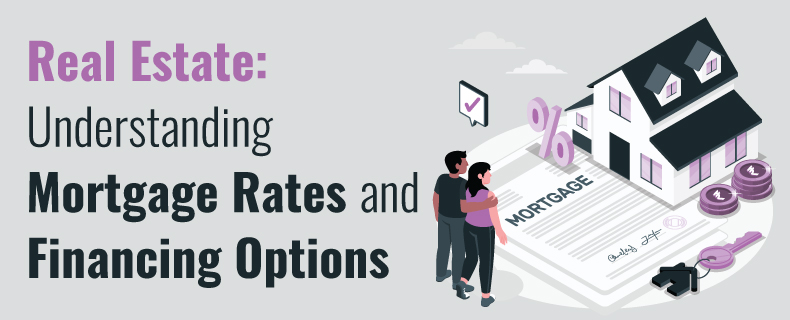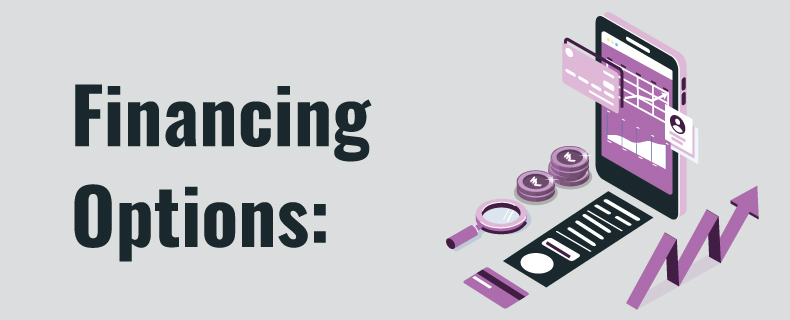

When it comes to Real Estate, understanding
Mortgage Rates and Financing Options is crucial for prospective buyers. Mortgage rates
refer to the interest rates charged on a mortgage loan, which is the amount borrowed to
purchase a property. Financing options encompass various methods of obtaining funds to
pay for the property, including different types of loans and financial
arrangements.
Let's explore these subjects in more depth:

